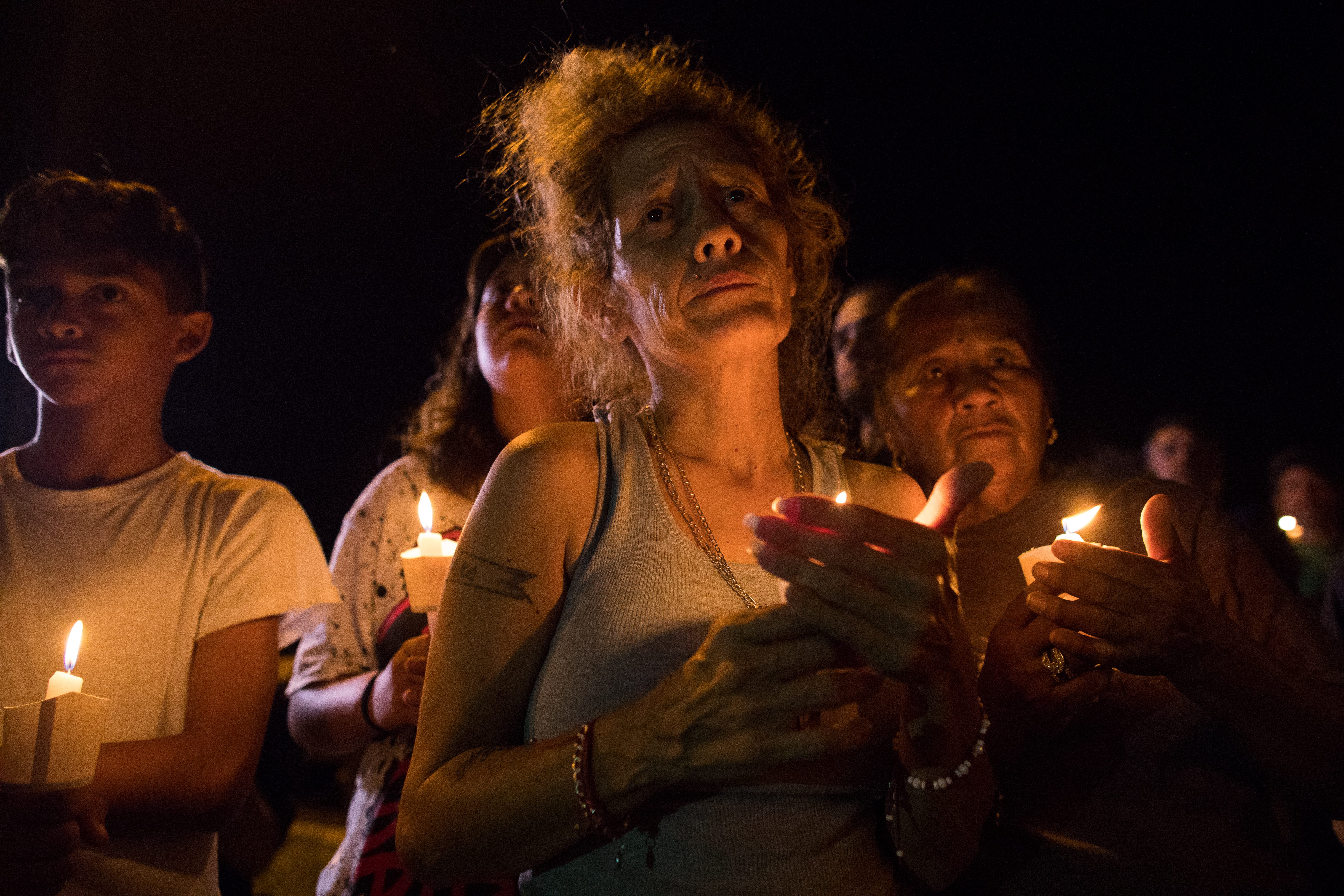 |
| Elizabeth Bruenig |
The title of this blog post echoes the headline of a piece by Elizabeth Bruenig in today's Sunday
Washington Post. The title of
the piece as rendered online is "Do we really understand the Second Amendment anymore?" In it, Bruenig ties today's debate over gun rights and the Second Amendment to various notions of "the good" which Western philosophers have debated.
Do gun rights make us freer? The answer to that question, writes Bruenig, depends on whether the freedom to own guns advances that which, as a
separate category of thought from liberty itself, can be deemed "the good."
Until the 17th century, Christian philosophers such as St. Augustine and Thomas Aquinas held that "service to the good" trumped liberty as the prime desideratum of humankind. Beginning in the 17th century, though, "the good" as a rationale for liberty gave way to
freedom itself as the single desideratum of any pluralistic, democratic society such as our own.
Hence Bruenig's worry that "freedom unchained from the good" is actually making us
less free today, as we hunker down and try to protect our families from mass murder at the hands of crazed gun wielders.
While I think Bruenig's view is well taken, I think she misses something. Her vantage point is indeed quite a valid Western one; still, if we shift focus to the spiritual philosophies of the East, we are likely to discover that "the good" is not some external reality above and beyond the nature of our human souls. It is instead something that comes from within our own minds and hearts. In a Buddhist or even a
quasi-Buddhist understanding, that which makes us "good" is:
- Being compassionate to others
- Being self-compassionate
- Being spiritually "on center"
Most of us would agree with the importance of being compassionate to others. Being
self-compassionate, though: what does that mean? I am learning about the theory of self-compassion from
Kristen Neff's excellent book Self-Compassion: The Proven Power of Being Kind to Yourself. Neff writes:
From the Buddhist point of view, you have to care about yourself before you can really care about other people. If you are continually judging and criticizing yourself while trying to be kind to others, you are drawing artificial boundaries and distinctions that only lead to feelings of separation and isolation. This is the opposite of oneness, interconnection, and universal love — the ultimate goal of most spiritual paths, no matter which tradition.
"You have to care about yourself before you can really care about other people": that seems to invite each of us to be maximally self-indulgent, and not necessarily compassionate toward others, right? Actually, says Neff, wrong. She tells us that she herself once worried about just such a result:
"If I’m too self-compassionate, won’t I just be lazy and selfish?" It took me a while to get my head around [the idea of self-compassion]. But I slowly came to realize that self-criticism — despite being socially sanctioned — was not at all helpful, and in fact only made things worse. I wasn’t making myself a better person by beating myself up all the time. Instead, I was causing myself to feel inadequate and insecure, then taking out my frustration on the people closest to me.
In the recent mass shooting at Sutherland Springs, Texas, the shooter (Devin Patrick Kelley) was taking out his frustration over a marital breakup on a church congregation
of which his estranged wife and her extended family were members.
 |
First Baptist Church at
Sutherland Springs, Texas |
Did Kelley tend to "beat himself up" over his own inadequacies? We can never really be sure about that, but we can reasonably guess that Kelley's personal self-esteem had been wounded by the breakup of his marriage, that he was feeling separated and isolated from the rest of humanity, and that he was driven to his heinous deed by his overwhelming self-righteous anger. His ego and wounded self-esteem were in control of his actions. And Neff writes that "the relentless pursuit of self-esteem" is what drives our souls off-center:
Although thousands of [scholarly] articles [have] been written on the importance of self-esteem, researchers [are] now starting to point out all the traps that people can fall into when they try to get and keep a sense of high self-esteem: narcissism, self-absorption, self-righteous anger, prejudice, discrimination, and so on. ... self-compassion [is] the perfect alternative to the relentless pursuit of self-esteem.
Neff accordingly writes of the crucial importance of "staying centered." Her book is a guide to doing just that. Although it is not a religious book, it is in fact a spiritual one.
Hence my "yes, but" reaction to Bruenig's piece. I feel that our society and culture tend to push us away from our proper spiritual center. I am just realizing that I am quite off center, myself. Fortunately, my own off-centeredness doesn't incline me to gun violence. Yet I also realize that there are inevitably going to be those of us who cannot say the same, and who will pack heat as a way of coping with their antisocial feelings. One of these sick people was Devin Patrick Kelley.
Put in terms of "the good," what I am saying is that it is not really sane to consider the liberty to own guns as an absolute right, the philosophical search for "the good" notwithstanding, unless we
also consider the desperate need for all of us — not to mention our culture as a whole — to find ways of being much more spiritually "on center" than we currently seem to be today.
Let us try self-compassion, then, and see whether it really leads us to true compassion for others and to being more "on center" spiritually.


